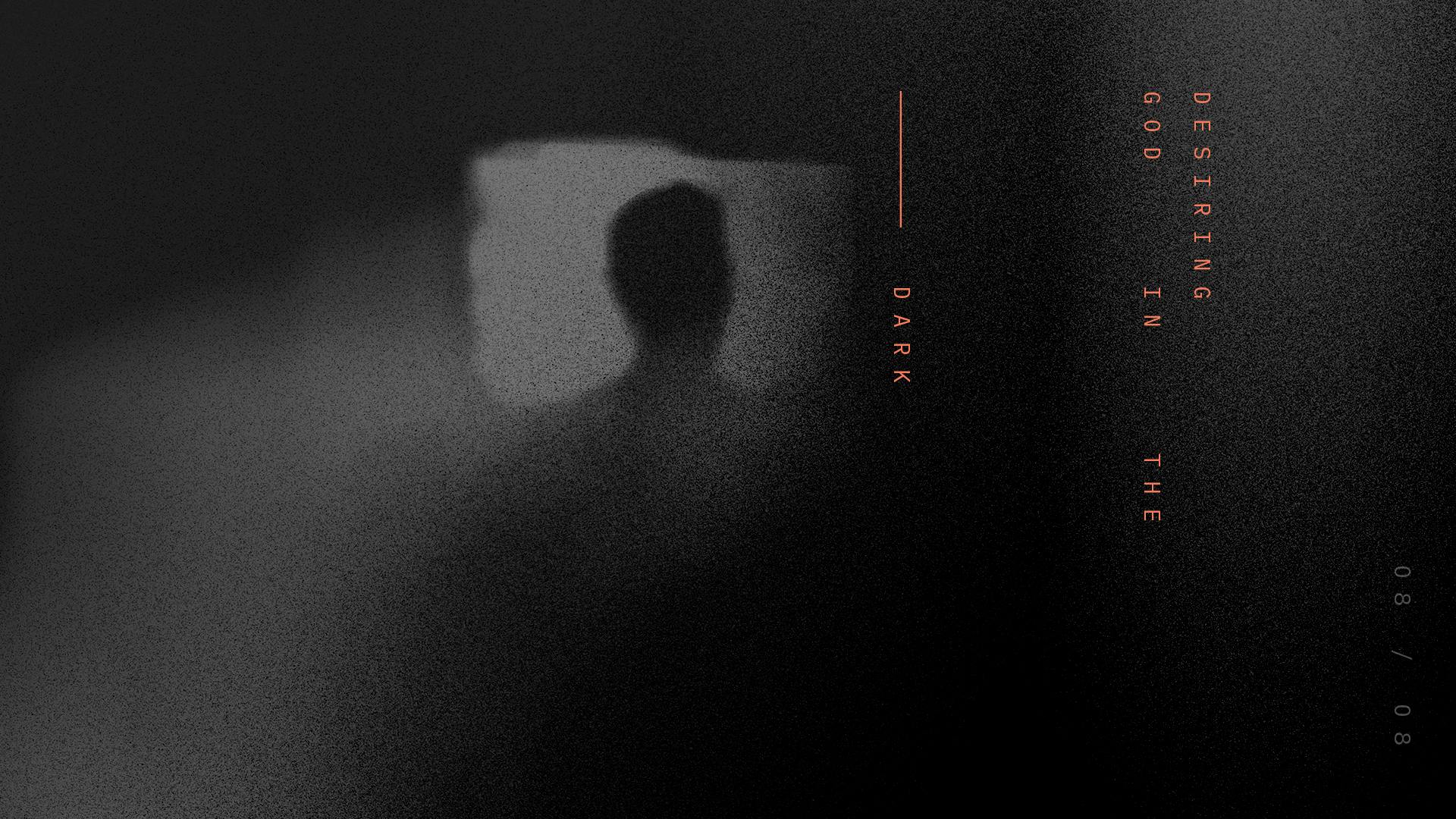When Death Draws Near

“To be or not to be — that is the question.”
Shakespeare’s famous line gives voice to despairing hearts. Hamlet asks himself, Why face life’s bruises and beatings when one could bypass them all in death? “To die, to sleep — no more . . .” (Hamlet, 3.1.64, 68–69).
Death could be a friend, he thinks — but that sleep terrifies him. What follows after?
Who would [burdens] bear,
To grunt and sweat under a weary life,
But that the dread of something after death,
The undiscovered country . . .
Makes us rather bear those ills we have
Than fly to others that we know not of? (84–90)
He discovers that men grunt and groan under a weary life because they are enslaved to dread — not of death but of what follows. They are pinned into inaction out of fear of eternal consequences. Better to bear the “whips and scorns of time” than slip into a deep unknown (78). Better a known disappointment than a veiled calamity. The fear of there kept him content here: “Thus conscience doth make cowards of us all” (91).
Paul’s Hope
Hamlet’s disquiet in meeting the afterlife reveals a man without Christ. He is right to fear. God warns, “Vengeance is mine, I will repay,” and Jesus commands, “Fear him who can destroy both soul and body in hell” (Romans 12:19; Matthew 10:28). But whereas the lost man squirms under coming retribution, the Christian aches for promised redemption.
Watch as the curtains part again. Another man discusses this life in the shadow of the next.
To this man, lengthy life seems a disappointment. He would choose death if he consulted his own happiness. To him, life could end now. Unlike Hamlet, he was happy not to be here — for being away from the body meant being at home with his Lord.
Paul knew suffering well — beatings, stoning, shipwrecks. Yet he declares death to be gain not because he longs to shed his sufferings but because he longs to be with Christ, for that is far better. Hear his prison reflection on death and what follows:
To me to live is Christ, and to die is gain. If I am to live in the flesh, that means fruitful labor for me. Yet which I shall choose I cannot tell. I am hard pressed between the two. My desire is to depart and be with Christ, for that is far better. (Philippians 1:21–23)
The same stage that shows the lost man’s despair displays the Christian’s confidence. He was torn between two goods, not two evils: further service to the church or entrance into the presence of Jesus. He would happily stay alive, as life was more to him than hardship: “To live is Christ.” But he much preferred “to die, to sleep — no more” living with sin or distance from Jesus. He would sprint to enter that country beyond, even traversing death’s cold corridor to arrive there, singing hymns all the way.
Paul did not look into an abyss of uncertainty — he saw a merciful King in his kingdom, beckoning. Death was gain because Christ was life and heaven home. He knew in whom he had believed (2 Timothy 1:12), he knew what kingdom he belonged to, and like the thief on the cross, he longed to be with Christ in paradise today.
Your Life on Stage
What about you, dear reader? This same stage now sees the likes of you and me.
When the lights darken, and you are left to speak with your heart and hear its true thoughts, what does it say? Is the great beyond still a dark mystery? Do you half-suspect you’re unready for this sleep? Will you wake to a nightmare?
To be or not to be? That is the question. Do you know Christ or do you not? That is the answer.
Will you face the rest of life as Hamlet — stuck in rapids and speeding toward a fall? Or will you know Paul’s hope in a Christ who died once for sins and arose from the grave? He reigns above the tomb, and only the believer can truly say that death is gain and this life merely a passage to a better beyond.
And what a beyond.
There — no more burdens left to bear,
No more to grunt and sweat under a weary life,
For the joy of something after death:
The undiscovered country . . . the yet-discovered King
Makes us rather leave those joys we have
And fly to others that we know not fully of.
To die, to sleep, evermore to live within a dream. In a kingdom, with a people, dressed in white. Angels surrounding the throne. We reign with him. We feast with him. Sadness, but a memory half-remembered. Joy, ever-full, ever-filling. Here, the question loses itself in laughter: O death, where is your victory? O death, where is your sting? Thus Christ makes conquerors of us all.
O reader, is your life really Christ and to die really gain? What will be your final speech? As your curtain closes, leave behind the memory of a life that was not lived for this world and its pleasures, nor one that feared the next world with its secrets, but one that, while you drew breath, was lived for Christ and knew death was gain. That life prompts questions. That life points to the Answer. That life, satisfied in Christ above all the world, glorifies him in all the world, and has a happy waking in the next.




